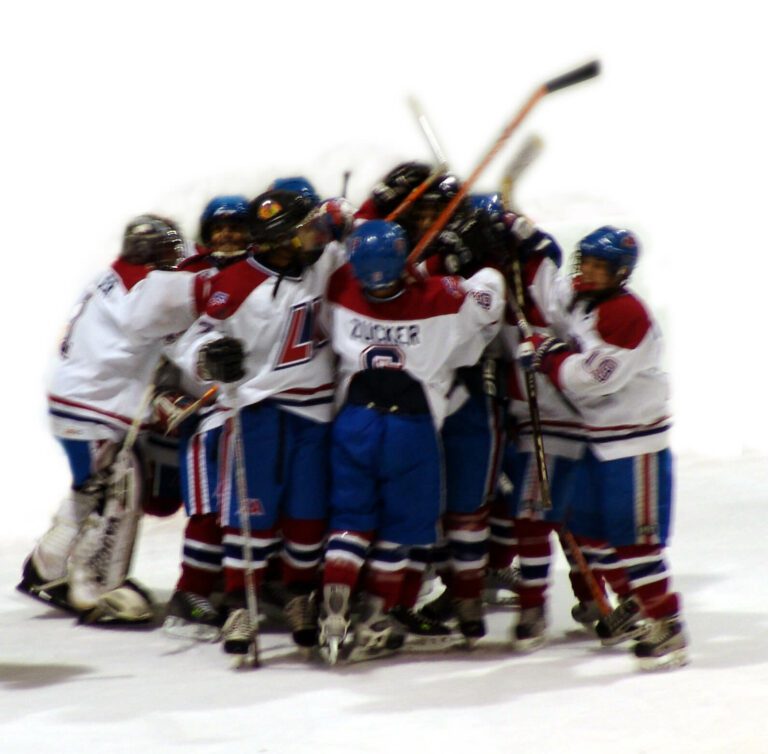Something happens on a team when the members feel a sense of ownership. I attended a leadership seminar recently where they talked about creating an environment in which a business team feels ownership. Studies show that when employees feel that ownership in their jobs, they are more accountable for their performance and thus help lead the company to greater success. How can parents and coaches apply that same philosophy of team ownership to youth sports, allowing athletes to have a fulfilling and rewarding sports experience? Here are four simple ways to start helping kids claim ownership. Honest and clear communication. In order for athletes to really feel like they have ownership, they need to understand the what and the why. This is where many coaches fall short; they do not honestly communicate to players and parents. For instance, if a coach feels that a player needs to improve in order to get more playing time, then he should be honest about it. And when a parent asks the same question, speak the truth. Don’t placate with words like: “He’s just got to keep working harder and he should get in there.” Blah, blah, blah. As a parent–and I know my kids would agree with me–I’d much rather hear specific information like: “He’s got to work on taking the shot more often, instead of being afraid to shoot.” Or “She needs to work on her passing, and see the open player on the court.” Honest and clear communication does not leave the athlete guessing about his role the team. He knows what his job is and why he is needed. Set clear and measurable goals. It is impossible for an athlete to take an ownership mentality for the success of the team if he does not clearly understand what “success” looks like and precisely how it will be measured. And remember, goals are agreements, not demands. Will goals be measured in wins and losses? In batting average improvement? In mistakes made in the game? The single most important factor in building a “culture of accountability” is making sure that every athlete has specific, detailed and measurable performance objectives. This is truly caring for the “whole person” in youth sports. Take time to set goals with the team–as well as the athlete–so they understand what they are fighting for besides the win. Obviously everyone wants to win, but kids need to learn that success is not just about what’s on the scoreboard. Show confidence in players. When parents and coaches show young athletes that they trust them, in public and in private, their confidence is bolstered, giving them a desire to have ownership. What happens when a coach lets a player make decisions in the game? When a QB calls plays here and there, when the catcher calls pitches, when the point guard is allowed to call a new play as he comes down the court? His confidence is bolstered, and ownership explodes. Believing in a player is huge. I’ve seen in my own three kids how a coach’s belief truly empowered them to go out and play their best. Teach personal responsibility. The term “taking ownership” can also be applied on a personal level for athletes. When coaches and parents encourage players not to blame others–officials, teammates, coaches–and instead look at what each athlete can do to cut down on mistakes and problems, then the culture of “We, not me” is nurtured and leads to the team as whole taking ownership.
When there’s ownership. When teams have a sense of ownership, kids feel valued and empowered, and standards go up. Athletes do not feel like just another kid filling a uniform or taking a seat on the bench, but like an important, contributing member of the team. How can you help give ownership to your team?
How useful was this post?
Click on a star to rate it!
Average rating 0 / 5. Vote count: 0
No votes so far! Be the first to rate this post.



